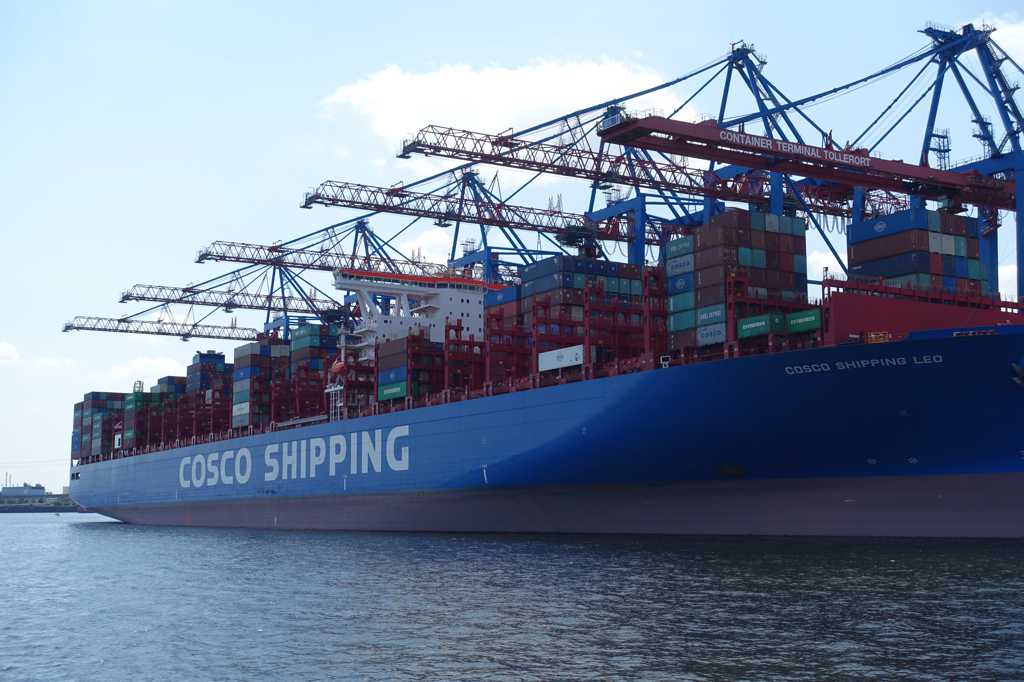IMO failed / Targeted use of the revenues necessary
"It is high time for carbon pricing in the maritime sector,” said Peter Liese, rapporteur for the EU ETS revision in advance of the presentation of his Draft report in the ENVI committee on Thursday. “The European parliament has continuously asked for including the maritime sector in the ETS, and it is good that the Commission included in its proposal. I would prefer a global solution, but we clearly have to state that IMO failed to address the problem. This is also shared by companies in this sector.”
Dr. Reinhard Lüken, Managing Director of the Shipbuilding and Marine Engineering Association (VSM) agreed: “IMO member states have so far missed every opportunity to collectively send credible positive signals for determined climate action. Therefore, although we prefer global provisions as a global industry, we are now convinced that the EU must lead the way for the maritime industry if we are to achieve results in time. If the EU succeeds in combining ambitious climate protection with economic success, the European model will quickly find imitators and thus promote comprehensive global progress.”
Liese insisted that the revenues should be invested targeted to decarbonise the sector. In contrast to aviation and road, model shift from shipping to other modes of transport is not a good option. Maritime is already the most energy efficient mode of transport and if companies invest in modern technology, it will be even more environment friendly. That is why shifting revenues from maritime to other sectors is not useful and I support the Parliament’s position that a specific Ocean Fund should be created. It should contain 75% of the revenues and supports innovation in ships as well as in ports. 25% of the revenues will go to the own resources to pay back Next generation EU. I insist that also here the maritime sector can benefit from this huge amount of money.
Dr. Lüken added: “Due to the many imponderables, especially for shipping companies, the enormous investments required will hardly be made without appropriate incentives. A binding specification of ETS funds will have a high added value for these investments and not only preserve and create qualified jobs, but also generate additional income for public budgets.”
Liese wants to advance the phase-in for maritime by one year compared to the Commission proposal from 2026 to 2025. The additional revenues should go in the stationary ETS sector to avoid carbon leakage. In contrast to a ship trip inside the European Union or from a third country to the European Union the carbon leakage risk for products like steal and cement is significantly higher. In theory, every tonne of steel or chemicals can be imported from China, Russia or Turkey. A trip inside Europe or a trip from Shanghai to Rotterdam cannot be replaced by a trip outside Europe. That is why it is good to have full auctioning in the maritime sector as soon as possible. In the stationary installation sector, we need to avoid the triggering of the cross sectoral correction factor. The best performers should get allowances for free and till the end of the period. This will trigger investment in clean technology and save jobs,” said Liese.


